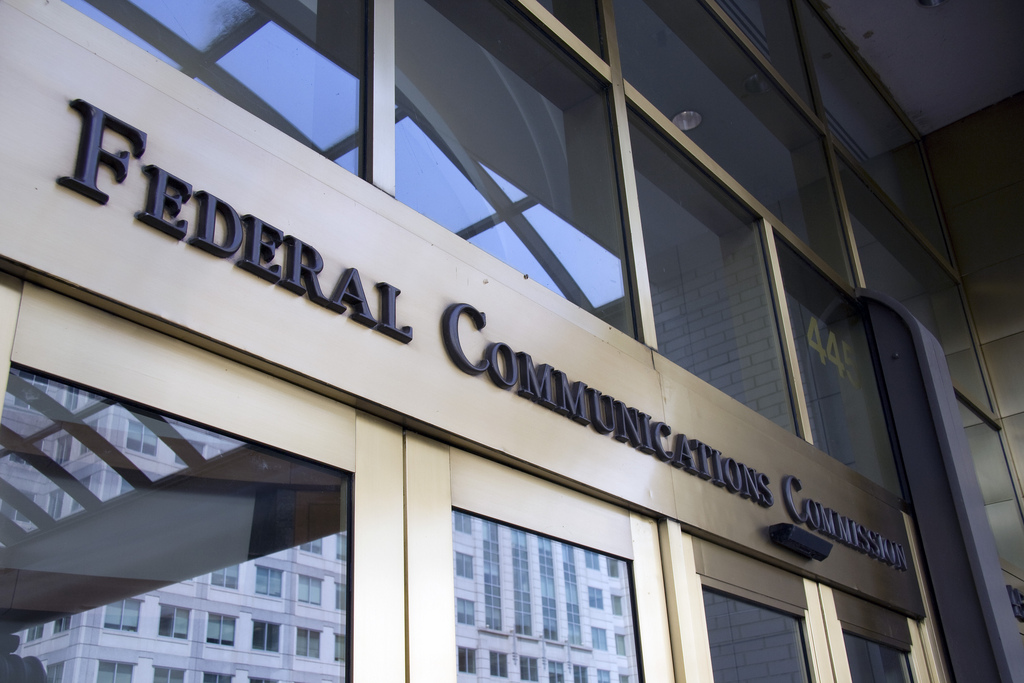Ara Shirinian: New budget proposal interferes with FCC’s enforcement power

(Creative Commons photo by Federal Communications Commission via Flickr)
By Ara Shirinian
June 28, 2015 11:54 p.m.
It’s summer and for most students it’s the chance to get away from the monotony of taking classes and being told what to learn to earn a degree. Over the next 12 weeks, four Daily Bruin columnists will take the time to explore the bigger problems of our day that exist beyond campus boundaries and often beyond students’ purview during the regular academic year. In his second piece, columnist Ara Shirinian argues that private interests in Congress threaten the progress the FCC is making on net neutrality enforcement.
There seems to be a prevailing notion among corporations that the easiest way to do something illegal is simply to change the law.
In February, the Federal Communications Commission voted to make Internet service providers (ISPs) common carriers under Title II of the Communications Act of 1934. This allows them to be more heavily regulated by the FCC, which can now enforce net neutrality and handle interconnection disputes. This will ensure that all content providers, no matter how small, are equally accessible through the web. The new regulations have not been popular with big ISPs like Time Warner Cable, Comcast, Verizon and AT&T that previously had the power to give priority to some connections over others.
While the FCC deals with the lawsuits filed by these ISPs, it must also fight their influence in Congress. Even though the House of Representatives does not have authority to influence the FCC’s decision, it has been attempting to use its power over budgets as a means of enforcement, something it has done numerous times in the past.
This kind of behavior is not only wrong, but it will also slow down any progress we could be making. As such, Congress should not try to influence the FCC through budget proposals and instead leave enforcement to the courts.
In the short time since the regulations were announced, there have already been multiple documented cases in which ISPs like Time Warner Cable and Comcast agreed to make amendments to individuals’ plans after they filed complaints with the FCC. In another case, Sprint modified its data throttling practices in an attempt to avoid trouble with the new rules. These initial changes are solid proof that the new rules are having a positive effect.
Unfortunately, the House Appropriations Committee just approved a 2016 budget proposal for the FCC that would postpone net neutrality enforcement until court disputes end. The proposal would also lower the FCC’s budget by $25 million compared to 2015’s budget and $73 million compared to the requested amount.
Under pressure from lobbyists, the House has passed a budget that would restrict the FCC’s budget and would slow down their ability to enforce net neutrality.
It’s not surprising that Congress is on the side of ISPs, considering that broadband providers spend tens of millions of dollars each year in corporate lobbying to gain political influence. The new budget is clearly a result of this lobbying.
The White House has already released a statement objecting to the budget saying that “Congress should consider appropriations bills free of unrelated ideological provisions.” They also said that the FCC’s budget does not affect the deficit or funding of other departments, so there is no advantage to the 24 percent cut from the president’s proposed budget.
The effort to underfund the FCC could put an end to the numerous advancements that have been made since the new regulations were announced.
The decreased budget could also slow down the implementation of any programs which are now possible given the FCC’s new powers. They have already made one promising proposal that could bring Internet access to people who can’t afford it by expanding a program that currently does the same for phone service.
Broadband Internet access is among the most important resources we have, and it’s a haven for new small businesses, which can now gain access to millions of customers instantly. The FCC is in charge of protecting access to this vital system and can act in the public’s interest because it is not beholden to the threat of public elections.
As long as the FCC decisions are within the guidelines of the Constitution and any other relevant federal legislation, there should be no further intervention. As such, even if Congress thinks the FCC is overstepping its bounds, they should stop trying to influence it indirectly through budgeting and leave questions of legality to the courts.
The new regulations are aimed at protecting public interests, which lie mostly with small businesses and individuals. If the past is any indication, the close corporate involvement in Congress means that it will attempt to do the exact opposite.


